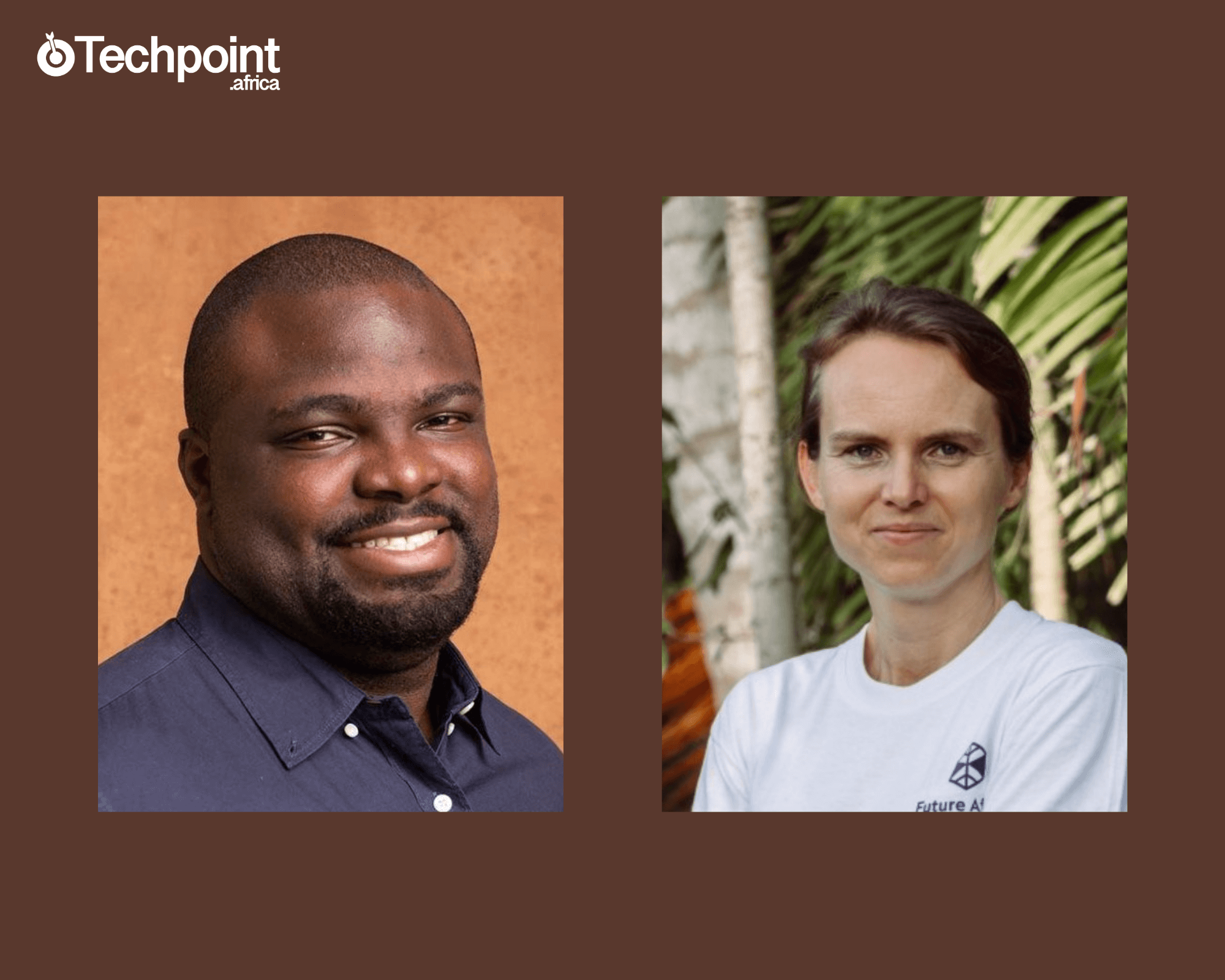The news
- The former Andela and Flutterwave founder has teamed up with Mia von Koschitzky-Kimani to launch Accelerate Africa.
- The accelerator is backed by a $750,000 grant from the United States Agency for International Development (USAID), an agency responsible for administering civilian foreign aid and development assistance.
- Ten startups across Africa will be chosen, but the accelerator promises no investment.
Iyinoluwa Aboyeji may have been a co-founder of two of Africa’s largest startups, but his latest mission is his most ambitious yet.
Per TechCabal, the former Flutterwave and Andela co-founder is teaming up with Mia von Koschitzky-Kimani to launch Accelerate Africa, which he plans to build into Africa’s Y Combinator.
Those are big dreams. Since opening its doors to startups in 2005, Y Combinator has taken a bet on some of the most impactful startups globally. Stripe, Airbnb, Coinbase, Instacart, OpenSea, and Monzo are just some of the startups that have gone through its doors.
In 2022, it decided to scale back on its cohort size as startups found it harder to raise cash. African startups were also affected. Since 2012, it has backed 89 startups, including some of the continent’s largest startups like Paystack, Flutterwave, and Wave.
But with its decision to take in fewer startups, it only accepted six African startups in 2023. That’s a huge drop from the 31 it accepted in 2022.
Aboyeji plans to fill those gaps with Accelerate Africa and has help from Koschitzky-Kimani, Managing Partner at Future Africa and previously Vice President Incubation Lead Micro-Retail at MasterCard Labs.
Accelerating Africa’s development
Accelerate Africa plans to take a sector-agnostic approach, accepting applications from all 54 African countries.
Ten startups will take part in an eight-week accelerator programme designed to help them polish their storytelling, figure out product and business development, and build a team. Accelerate Africa will run physical accelerators in Nairobi and Lagos.
For the final two weeks, five startups working out of Nairobi will meet up with the rest of the cohort in Lagos, where they will get a chance to pitch to investors.
Aboyeji says the accelerator is searching for founders with “great ideas and massive market opportunities. The impressive ones who would have gotten into YC but can’t because YC is closing their doors to Africa.”
But while Y Combinator invests $500,000 in its startups, Accelerate Africa makes no such promises. Curiously, its metric for success is tied to how much follow-on funding startups raise.
What will the YC for Africa look like?
Accelerators like Y Combinator have played a huge role in getting African startups funded. Paystack, Wave, and Flutterwave were some of its early bets at a time when funding for African startups was difficult to get.
It also boosted the perception of participating startups, but with its reduced focus on the continent, Accelerate Africa may feel there’s an opportunity to take advantage of.
However, there are a few problems. For one, its decision not to provide funding at a time when startups need it is puzzling. Accelerators on the continent are often criticised for providing learning resources but no funding, and it would be interesting to see how the accelerator navigates this.
Without the crucial element of funding, how does Accelerate Africa hope to attract Africa’s most ambitious founders?
“We have an African perspective, which YC lacked. We also have access to regulators and leaders at [traditional financial institutions like] banks and can provide guidance grounded in the context of Africa’s market and business realities,” Aboyeji argues.
Whether that will be enough is yet to be seen, but the recent closure of accelerators such as Nasper’s Foundry is a cautionary tale.










